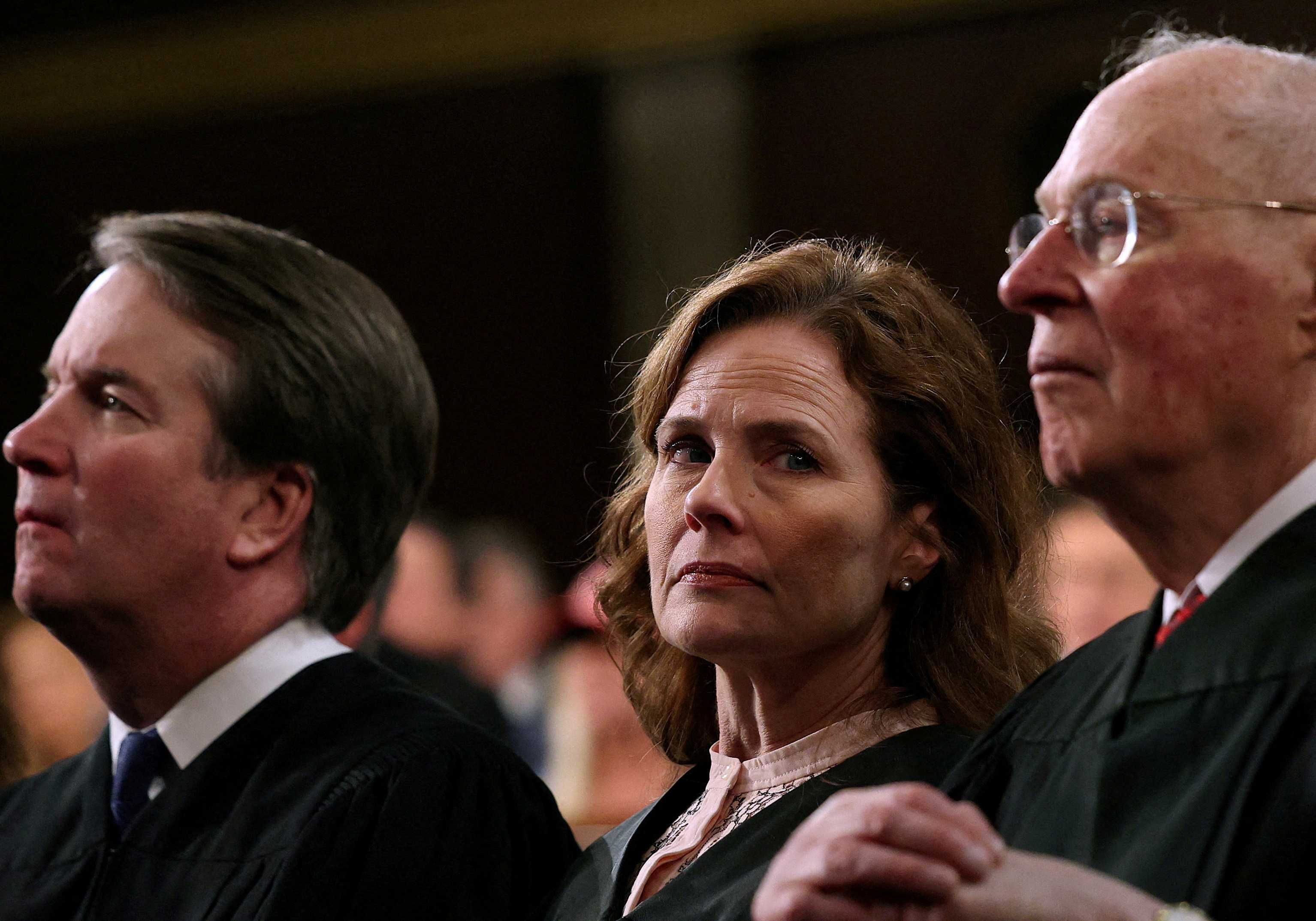When President Donald Trump puts his argument for unilateral control of taxes before his pet judges this week, they’ll have to dance a jig to square themselves with their past actions. This, said Pulitzer Prize-winning reporter Linda Greenhouse, will be entertainment at its best.
“Listening to it might even be fun,” Greenhouse told the New York Times.
“… Where does the fun come in? If it comes, it will be from watching the conservative justices struggle to reconcile their deference to the president — abundantly apparent in recent months from their multiple unsigned and unexplained orders giving him nearly everything he wanted — with the method they embrace in other contexts for interpreting statutes,” said Greenhouse. “Inconveniently for these justices, deference and law in this case are quite clearly pulling in opposite directions, and the conservatives may have to twist themselves into knots in the effort to reconcile them.”
“Cognitive dissonance” is the phrase psychologists use to describe the “uncomfortable mental state that results from simultaneously holding two contradictory attitudes or beliefs” said Greenhouse, and the conservative judges who have been quietly handing Trump victories in illegally snatching and “vanishing” noncitizens to offsite prisons in third-party counties and canceling Congressionally appropriated funds will now have to explain their illogic this time around.
“Thanks to the livestreaming of the court’s argument audio, we can listen to ‘Cognitive Dissonance: The Play’ in real time (10 a.m. Eastern).
When they’re not quietly giving Trump his way through undebated shadow docket decisions, Greenhouse said Trump’s most staunch defenders, including Justice Neil Gorsuch, prefer to couch their White House gifts in arguments for Constitutional originalism. But handing Trump another victory on the tariff front flagrantly denies very clear Constitutional language.
“As a brief filed by nine constitutional scholars points out, the framers of the Constitution ‘unmistakably assigned to Congress’ the authority to ‘lay and collect Taxes, Duties, Imposts and Excises,’” Greenhouse argued. “In other words, tariffs, the subject of the second act of Congress, enacted even before it had created the Treasury Department.”
What followed was 150 years of resolutions and proclamations, where Congress kept its tariff authority to itself.
Another issue likely to tie Trump judges into knots, said Greenhouse, is their infamous “textualist” interpretation of law, which conveniently removes the intent, “purpose or effect” of laws that Trump wants killed or neutered by clinging solely to the word of the law, which can be reinterpreted to undermine intent.
Court conservatives recently seized on a “major questions doctrine” requiring agencies to have clear congressional authorization before enacting regulations “on matters of great economic or political significance.” Greenhouse said Trump’s judges used that argument to block several of President Joe Biden’s initiatives, “including his student loan forgiveness plan, and impede his efforts to address climate change.” But appeals courts have concluded that the Trump tariffs “were a major departure from past practice, lacking the necessary congressional approval that the major questions doctrine requires.”
Trump’s justices “who invented that doctrine” will somehow have to “write their way around it” to give Trump a victory this time.
Read Greenhouse’s New York Times report at this link.
